Master Raju
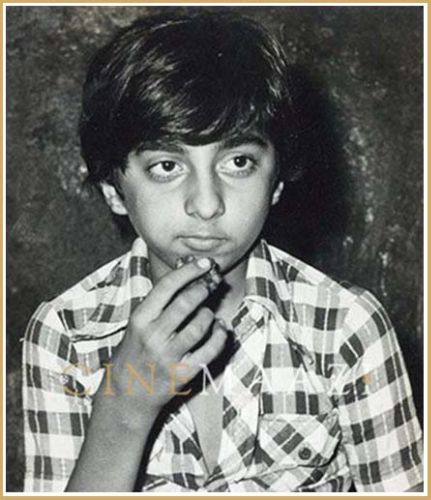
Subscribe to read full article
This section is for paid subscribers only. Our subscription is only $37/- for one full year.
You get unlimited access to all paid section and features on the website with this subscription.
Not ready for a full subscription?
You can access this article for $2 , and have it saved to your account for one year.
- Real Name: Fahim Ajani
- Born: 15 August, 1967 (Bombay, Maharashtra)
- Primary Cinema: Hindi
- Parents: Mehrunissa and Yusuf Ajani
- Spouse: Seema Roshan Ajani
- Children: Taki (son)
Starting off as a successful child artiste in the 1970s, Master Raju was a consummate scene-stealer. From Bawarchi (1972), Daag: A Poem of Love (1973), Kaala Sona (1975), and Deewaar (1975), to Chitchor (1976), and Kitaab (1977), he made his mark in several films as a child actor. He had also won the National Film award for best child artist for his role in the Basu Chatterjee directorial Chitchor, as well as the Filmfare award for Kitaab (1977). As an adult, success was not as easy to come by. Going by the name Raju Shrestha, he featured in supporting roles in films such as Baaghi: A Rebel for Love (1990), Saajan (1991), Dil Ka Kya Kasoor (1992), Vijeta (1996), Hum Aapke Dil Mein Rehte Hain (1999), and Chal Mere Bhai (2000). In the realm of television, he has featured in series such as C.I.D. (1998), Jai Hanuman (1997 – 2000) in which he essayed the character of Devrishi Narad Muni, and Ssshhhh... Phir Koi Hai (2006–2009).
He was born Fahim Ajani on 15 August 1967 in Bombay, to father Yusuf, a chartered accountant, and mother Mehrunissa, a school teacher. The family had no connection with films, yet he got his first film Parichay (1972) when he was five years old. The family lived in Dongri (in south Mumbai), and many child and junior artistes came from this area as it was where the casting agents of the time lived. News spread that filmmaker Gulzar was looking for a child actor for Parichay, and he hadn’t liked the regular child actors who were working in the film industry at the time. A junior casting agent got in touch with his father to ask if he would be interested. Initially reluctant, his father did relent and ferried him to Gulzar’s office at Pali Hill in Bandra. All the children at the audition were well prepared in either dance, mimicry, or dialogues from other films. Nervous about his own lack of preparation, when Gulzar spoke to the young Fahim, he burst out crying! Presuming that it was all over for them, the family was surprised to receive a call from Gulzar’s office two days later, asking for another meeting! The director explained that he was looking for a child who behaved like a five-year-old; all the kids he had met were over-prepared and behaved more mature than their age. And with this, he was cast for Parichay.
His scene from the film where he says ‘K for Karna hai’ was a huge hit, and he was noticed, appreciated, written about and called a scene-stealer in his very first film. In his journey as a child artiste, he acted in the 1969 film Shart, playing a character named Bantu in the Kewal Misra directed mystery-thriller. It was followed by Amar Prem (1972), Bawarchi (1972), Daag: A Poem of Love (1973), Abhimaan (1973), Benaam (1974), Duniya Ka Mela (1974), Deewaar (1975), Kaala Sona (1975), Faraar (1975), Chitchor (1976), Dream Girl (1977), Badaltey Rishtey (1978), Khatta Meetha (1978), Aatish (1979), and Ahinsa (1979). Incidentally, it was actor Sanjeev Kumar who started calling him Raju, when he did his first film Parichay (1972) with him. People would call him Guddu at the time, but it was Kumar who said that Raju was a better name, and that’s how it stuck.
He won a National Award as best child actor for his endearing performance in Chitchor (1976). He played a character named Deepak Kumar Agnihotri 'Deepu' in the romantic musical, written and directed by Basu Chatterjee. The Rajshri Productions film, produced by Tarachand Barjatya, was based on a Bengali story, Chittachakor by Subodh Ghosh. It revolved around Geeta, who ends up with two suitors after her father goes to bring home a prospective groom and mistakenly picks up the wrong man.
He also won a Filmfare award for his performance in Kitaab (1977), in which he played a fun-loving schoolboy, who flees his sister’s home where he is repeatedly reprimanded for neglecting his studies.
As an adult, he continued to act in films; however, the roles that came his way did not match up to his work as a child actor. Later, he would hold himself responsible for this situation, explaining, “As a child actor, I had seen top actors perform on screen and do everything on their own. When I grew up, I wanted to create a different space for myself. I was offered lead roles, too, which I rejected, hoping for something interesting to come my way. I wanted to do something like what Pran sahab, Anupam Kher and Nana Patekar did. But, unfortunately, by the time I grew up, the space for character actors almost vanished. There was no one doing just comedy or a villainous act or even a proper supporting role, which could stand out.”
He also pointed out that the jinx—around child artistes not enjoying a successful acting career as adults—needs to break, as many times people are not aware that the child actor may have done many films after growing up, but because they were not lead roles, they might have passed unnoticed. He also believes that he has no regrets and learnt to take things in his stride. Explaining that he earned well when he was younger and, on account of his father investing his funds well, he did not have to worry about money when he grew up. He also counts his lack of cynicism, which generally plagues erstwhile child actors, and the acting offers that continued to come his way, as a definite plus.
Turning his attention to television, he has featured in several successful series, including Ziddie Dil Maane Na, Adalat and Jai Hanuman. However, he rues the current absence of literary and historical stories on television. He would later reveal that the character he loved playing the most and also played the most number of times was that of Narad Muni, featuring in nearly 2000 episodes as Narad across all leading channels. His journey as Narad began with Jai Hanuman in 1997 and continued with Darshan Do Bhagwan, Jai Ma Durga, Shani Mahima, Jap Tap Vrat, and Nav Grah Puran.
In 2012, he gave voice for Suraj Sharma’s role as the 16-year-old Pi, in the Hindi dubbed version of the Oscar-winning film Life of Pi.
References
https://timesofindia.indiatimes.com/tv/news/hindi/the-jinx-around-child-actors-needs-to-end-raju-shreshta/articleshow/94267292.cms
https://www.imdb.com/name/nm0557625/bio?ref_=nm_ov_bio_sm
https://www.tribuneindia.com/2011/20110813/saturday/main1.htm
https://starsunfolded.com/raju-shrestha/
-
Filmography (98)
SortRole
-
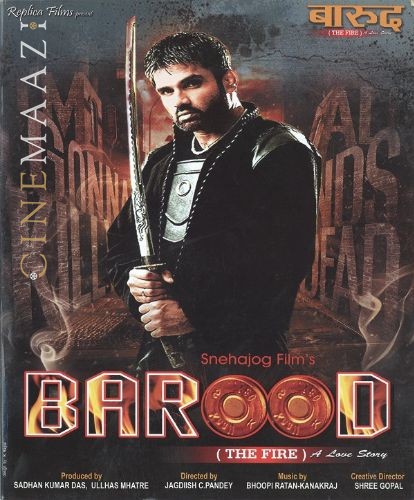
Barood The Fire 2012
-

Ek Aur Amar Premm 2003
-
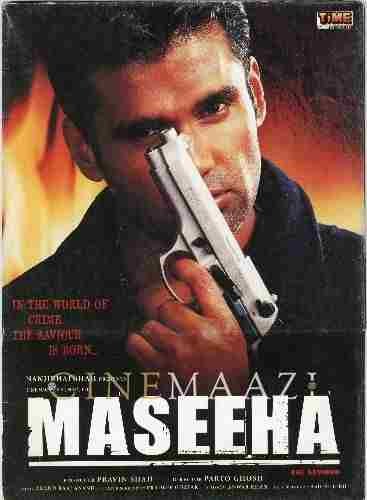
Maseeha The Saviour 2002
-

Ittefaq 2001
-
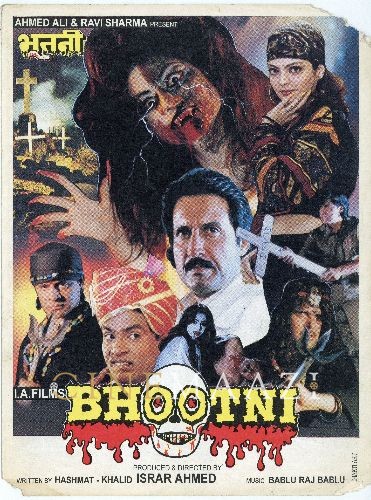
Bhootni 2000
-

Kahani Kismat Ki 1999
-
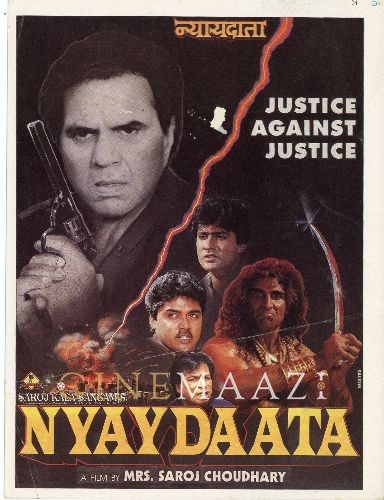
Nyaydaata 1999
-
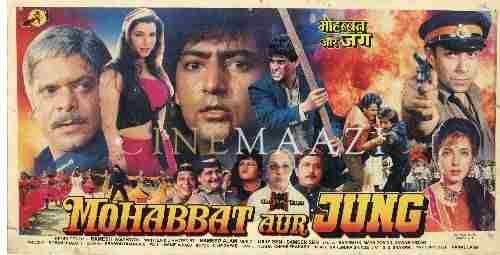
Mohabbat Aur Jung 1998
-

Apne Dam Par 1996
-
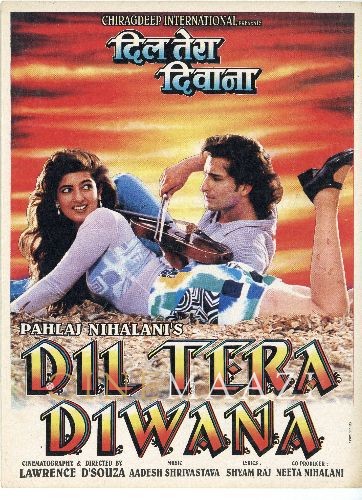
Dil Tera Diwana 1996
-
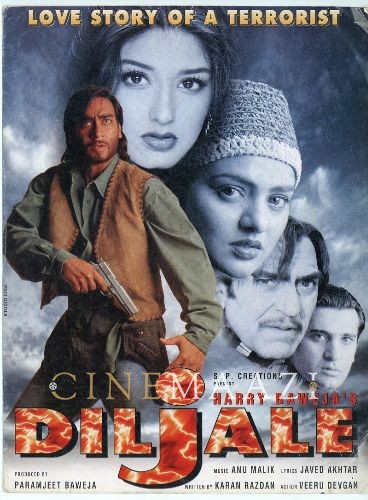
Diljale 1996
-






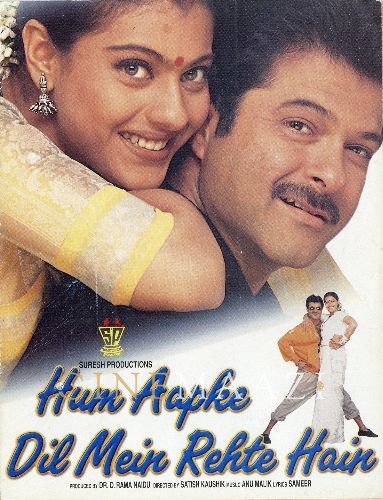



.jpg)



